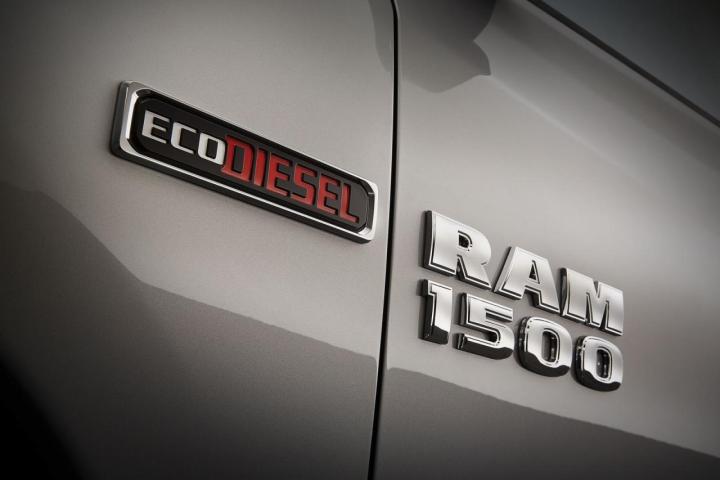
A statement published on the EPA’s official website explains that 104,000 trucks and SUVs sold in the U.S. over the past couple of years don’t comply with emissions regulations. The vehicles affected include Jeep Grand Cherokees and Ram 1500 EcoDiesels for the 2014, 2015, and 2016 model years. Both trucks are fitted with a 3.0-liter V6 engine. The Cummins-supplied, 6.7-liter straight-six diesel found under the hood of Ram’s heavy duty models isn’t targeted by the EPA’s probe.
According to the agency, FCA violated the federal Clean Air Act by not disclosing engine management software that alters emissions, allowing the six-cylinder oil-burner to emit more nitrogen oxide (NOX) than it’s allowed to. Importantly, the EPA pointed out it’s still investigating whether the software can be considered a defeat device like the one found in over half a million Volkswagen TDI models. FCA’s fines will largely depend on the EPA’s findings.
“Once again, a major automaker made the business decision to skirt the rules and got caught,” said CARB Chair Mary D. Nichols. “CARB and U.S. EPA made a commitment to enhanced testing as the Volkswagen case developed, and this is a result of that collaboration.”
The automaker doesn’t agree with the EPA’s accusations, and it asserts that its 3.0-liter V6 is fully compliant with all applicable regulations. The company has spent months providing the EPA with countless documents to prove that it has nothing to hide, and it has even proposed to implement a software fix that would curb tailpipe emissions in the Grand Cherokee and the 1500.
“FCA US intends to work with the incoming administration to present its case and resolve this matter fairly and equitably, and to assure the EPA and FCA US customers that the company’s diesel-powered vehicles meet all applicable regulatory requirements,” said the company in a statement. It also stressed that the engine management software singled out by the EPA is not a defeat device.
FCA could be fined $37,500 per offending vehicle if it is found guilty of violating the Clean Air Act. The company’s shares dropped by 14 percent immediately after the EPA’s announcement.
Stay tuned, we’ll update this developing story as more information becomes available.



